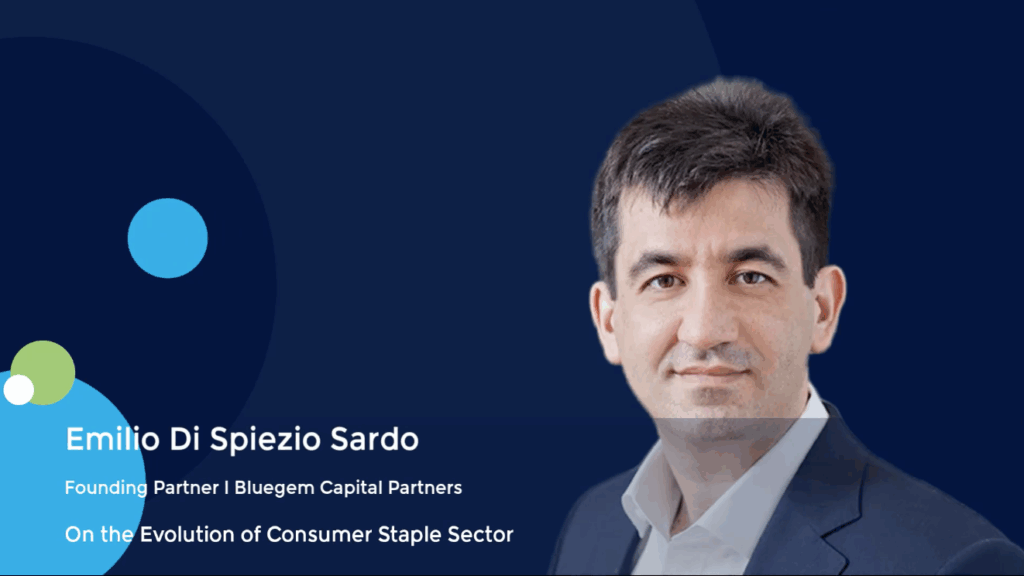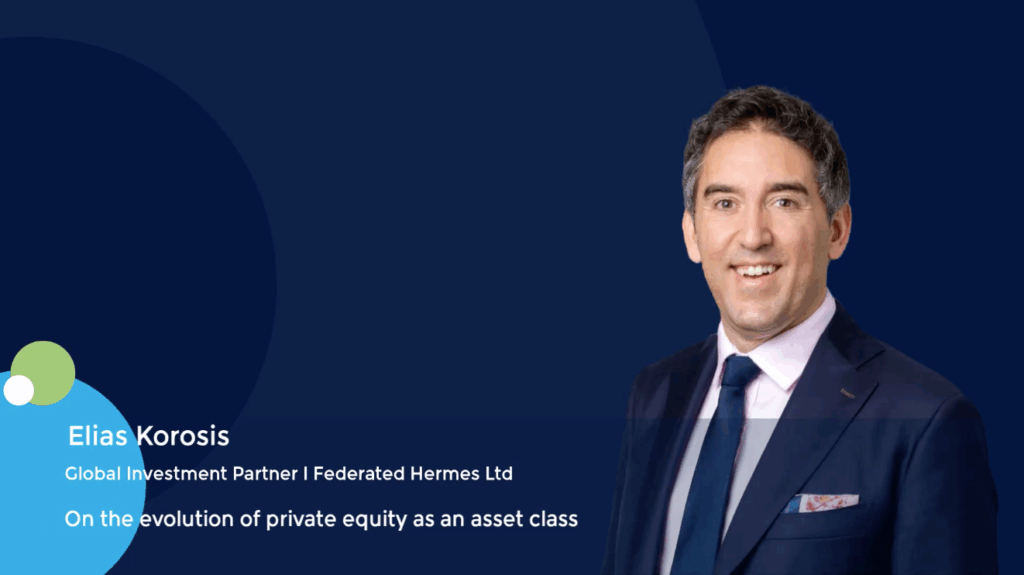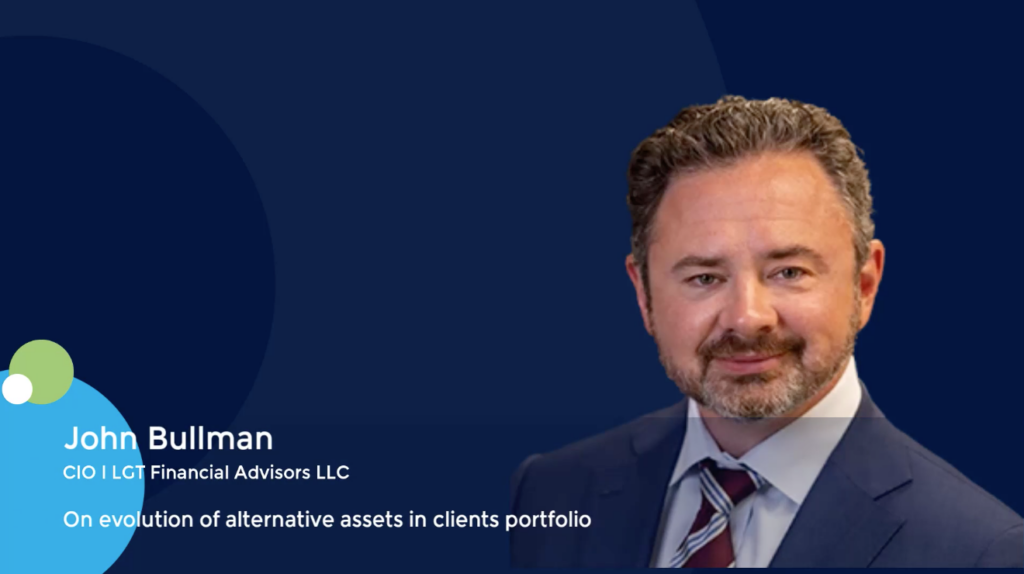Asia PE people: Daniel Chua on being private equity’s only pastor
The founders of PrimeMovers Equity wanted their faith to inform the firm’s culture and investment philosophy. They recruited Daniel Chua, a pastor and philanthropic advisor, to help realise the vision
Daniel Chua was despatched to Malaysia-based precision manufacturer EngTek Group last year to get a sense of its purpose. EngTek’s new private equity owner, PrimeMovers Equity, saw this as part of a broader value creation thesis: ensuring that the workforce – from production line workers to senior management – could rally around a common set of values, potentially leading to improved performance.
Chua’s work led to a revised induction programme for new staff that highlights EngTek’s heritage and the principles on which it was founded. A certified CliftonStrengths coach, he also runs ongoing leadership development initiatives for company management.
“A lot of smaller businesses don’t have the resources to hire a coach. We deliver purpose-driven, value-based performance coaching,” said Chua. “We are still developing what that looks like with EngTek and other investments, but this wasn’t my first time looking into organisational from a purpose perspective. Once you have clarity of ideology, you can develop a culture code.”
What he offers encompasses elements of human resources management and environment, social, and governance (ESG) initiatives. But Chua is, in fact, the in-house pastor at PrimeMovers – almost certainly the only person to occupy this role in a formal capacity at a private equity firm in Asia.
As director of pastoral and organisational leadership at PrimeMovers, he is responsible for “purpose,” one of the five pillars that underpin the firm’s framework for delivering growth and transformation through operations. The stated goal is to “institute a purpose-driven approach by embedding a shareholder value creation mindset, and incorporating sustainable practices.”
The other four pillars focus on traditional operational areas: establishing key performance indicators around cost management, culture, and governance; achieving operational efficiencies through procurement management, automation, and lean manufacturing; changing price points and portfolio composition to accelerate growth; and embracing digitalisation.
EngTek is typical of the industrial businesses that the founders of PrimeMovers, Soo Jin Goh and Randy Teo, have pursued for over 15 years. They met in 2010 when Goh, then at Standard Chartered Private Equity, worked on the carve-out of two divisions from a Platinum Equity portfolio company that were reconfigured as Infastech. Teo worked for the business pre-carve-out and then became CEO of Infastech.
Following a successful exit in 2013, they joined forces to establish Platinum’s Singapore office. A long-discussed plan to build their own firm materialised in 2022 and EngTek – a SGD 150m (USD 111m) carve-out from Exor – represented the first PrimeMovers investment, coinciding with a first close on its debut fund. EngTek recently completed a bolt-on acquisition of Asaba Manufacturing Phils.
Meeting of minds
The name PrimeMovers is borrowed from a church-connected leadership mentoring programme that Goh and Teo participated in during their time at Platinum. Both are Christians, and their faith guides their approach to investment. For example, this is reflected in the exclusion of deals that are not aligned with their principles and a commitment to channel a share of profit to charitable causes.
In seeking to ingrain the same principles into the corporate culture of PrimeMovers and its portfolio companies, they turned to Chua. “Randy asked me to be a chaplain or pastor to the fund,” Chua recalled. “I said, ‘I don’t know what that looks like but if you’re involved and you think I can be of value, count me in. That started the process of discovery and what the role would be.”
Chua and Teo had known each other for seven years by this point, their first connection coming when Teo’s family office sought advice on causes to support. Teo was referred to Chua, whose philanthropic advisory firm, Titus Group, had worked with family offices and foundations on similar projects.
For Chua, the journey began nearly three decades earlier when, during a discussion with two Christian friends in Singapore, his previous scepticism of Christianity was disarmed by “a powerful encounter with God.” Then aged 14, Chua was – by his own description – angry, angsty, and burdened by a confidence-eroding stutter. His upbringing was spiritual rather than Christian, though he attended a mission school.
The discussion with his friends, which played out over several hours, culminated in Chua agreeing to say a prayer asking Jesus to enter his life. He expected little to come of it and nothing happened. Then Chua’s friends asked him to say a prayer of renunciation. Internal chaos ensued.
“I couldn’t say it and I burst out crying, it was like a battle of wills,” he recalled. “I finally said it, and for the first time in my life, God’s peace filled my heart. It wasn’t manufactured; there was no music in the background, no emotional manipulation. Just three of us in the upper room of a holiday home.”
Chua described returning home with a sense of purpose and confidence. This led him to become an active member of a local church and, ultimately, a pastor. Pastoral ministry is not, in his view, a calling where one leaves one’s secular job and starts serving God on a full-time basis; his motivation was to get more young people involved in the church.
One youth group turned into a network of youth groups and then into one of the largest youth organisations in Singapore. Subsequently, his focus broadened to encompass families. In 2009, he founded The City Singapore, a church community with more than 200 members. Chua spent seven years as senior pastor before hiring his replacement and becoming chairman of the board.
“Have I always wanted to be a pastor? Not really. But I’ve always wanted to make a difference in the world. Faith plays an important part in shaping a person’s purpose in life. If I can help people or organisations define their purpose and pursue it with clarity, the world becomes a better place,” he said.
“I’ve seen young people who are lost, find faith and purpose, and then turn their lives around. You could say the same about business with mission drift and purpose drift. The word pastor derives from shepherd – and to shepherd means to give guidance from a moral, ethical, or purpose perspective.”
Conviction and consistency
Titus Group emerged through the formalisation of advisory services Chua was providing to high net worth church members on an ad hoc basis. The trigger point came 12 years ago when a member shared plans to give away USD 20m over five years and sought guidance as to how he could deploy it in a way that the incremental dollar would generate the most impact.
The business grew on a referral basis and Chua was soon busy mapping out impact frameworks and designing philanthropic portfolios. They are not necessarily faith-centred. Moreover, when working with some family offices, Chua’s advice is not limited to the philanthropic side of operations. They want to ensure that investment strategy is aligned with their convictions.
“The question is often whether the countries or industries they are considering are ones they are called to,” Chua explained. “If they’ve been successful in healthcare in Vietnam, maybe there is an assumption that they can be successful in healthcare in Africa. That’s where ambition comes in, the pursuit of more. On a basic level, I help put the guardrails in place to ensure they maintain focus.”
Teo reached out to Chua for the pastor role because of his experience at the nexus of faith and financial markets. While philanthropic advisory is relatively common in the US, Chua believes Titus Group was the only such business in Asia when it was founded.
What PrimeMovers wanted went beyond red lines around restricted industries. The values that determine where those red lines are drawn help shape organisational development and they are applied in terms of pastoral care. On any given day, Chua might discuss high-level strategy with Goh and Teo in one meeting and provide counsel to an investment professional on a personal matter in the next.
While the Christian element is visible, it isn’t all-consuming. Chua leads prayers for those at PrimeMovers who wish to participate. Some staff are not Christian, but the founders are open about their faith – and how it is distilled into ethos – with prospective employees, investees, and other industry counterparties.
At the portfolio company level, Chua was introduced to EngTek as a pastor, but he established relationships within the company based on the value he could bring. As part of the transformation team, he has regular calls with a designated point person at EngTek that address a range of people and culture issues, ranging from career development initiatives to the promotion of diversity and inclusion.
Chua emphasises the performance coaching aspect, describing himself as “a training pastor, not a nurturing pastor” and “a gym coach, not a nurse.” It all comes back to purpose, and his belief that people and organisations must be driven by more than just material gains if they are to thrive.
“Purpose is the anchor,” he said. “As Christians, it’s our reference for God. But regardless of whether you are Christian or have no faith, when you lack purpose, you are just driven by what is in front of you, which could be power, money, or glory. That’s when things start to go south.”











